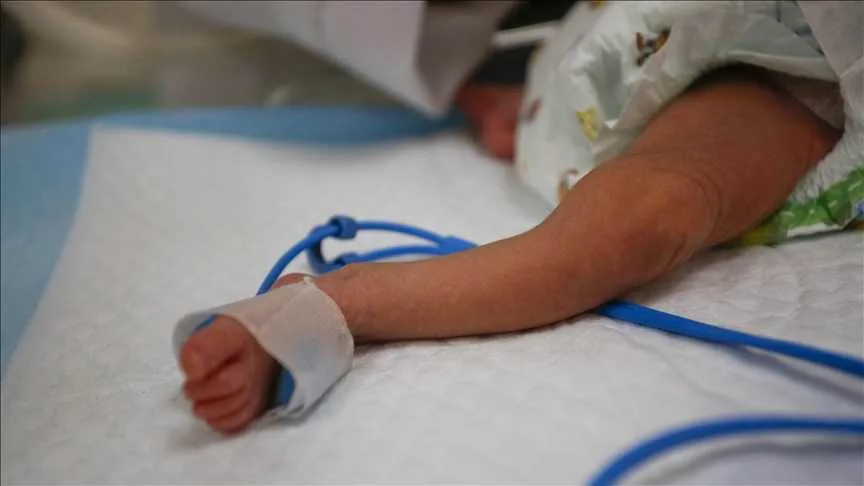A top World Health Organization (WHO) official has raised alarms over potential polio outbreaks in Gaza after vaccine-derived poliovirus was detected in sewage samples. Dr. Ayadil Saparbekov, head of health emergencies in the occupied Palestinian territories, expressed his deep concern, stating, “I am very much worried.” The detection of poliovirus in six environmental samples collected on June 23 highlights the dire public health situation in Gaza, exacerbated by the ongoing war.
Gaza’s health infrastructure is in a critical state, with only 16 of its 36 hospitals partially functional. The lack of water, sanitation, and access to healthcare significantly increases the risk of communicable diseases spreading. Dr. Saparbekov warned that more people might die from diseases than from war-related injuries. With more than 39,000 people killed in the conflict and 251 hostages still held, the humanitarian crisis is severe.
Urgent Need for Action
The WHO and the United Nations agencies have stressed the urgent need for medical supplies and vaccinations. Approximately 300,000 vaccines have been sent to Gaza since the conflict began, but the delivery and implementation of a mass vaccination campaign face significant challenges. The deteriorating immunization rates in Gaza, now at 89% from 99% in 2022, further complicate efforts to control disease outbreaks.
Read More: Kerala on High Alert After Nipah Virus Death
The WHO has emphasized the necessity of a ceasefire to effectively address the public health crisis. Eight Israeli public health professors have also called for immediate action to prevent a health catastrophe, stressing, “This is not about politics. This is about health and life.” The Israeli military has initiated vaccination programs for soldiers and is coordinating with international organizations to deliver vaccines to Gazans.
Broader Implications
The situation in Gaza poses a significant risk of international disease spread. Polio, primarily transmitted through fecal-oral contamination, can lead to paralysis and death. With many Gazans living in overcrowded shelters with inadequate sanitation, the risk of polio and other diseases spreading is high. The WHO’s Dr. Saparbekov highlighted the potential for the virus to “spill over internationally.”
The ongoing attacks on Gaza have not only caused immediate humanitarian suffering but also created conditions ripe for a public health disaster. The detection of poliovirus in sewage samples underscores the urgent need for coordinated international efforts to provide medical aid and vaccinations.













